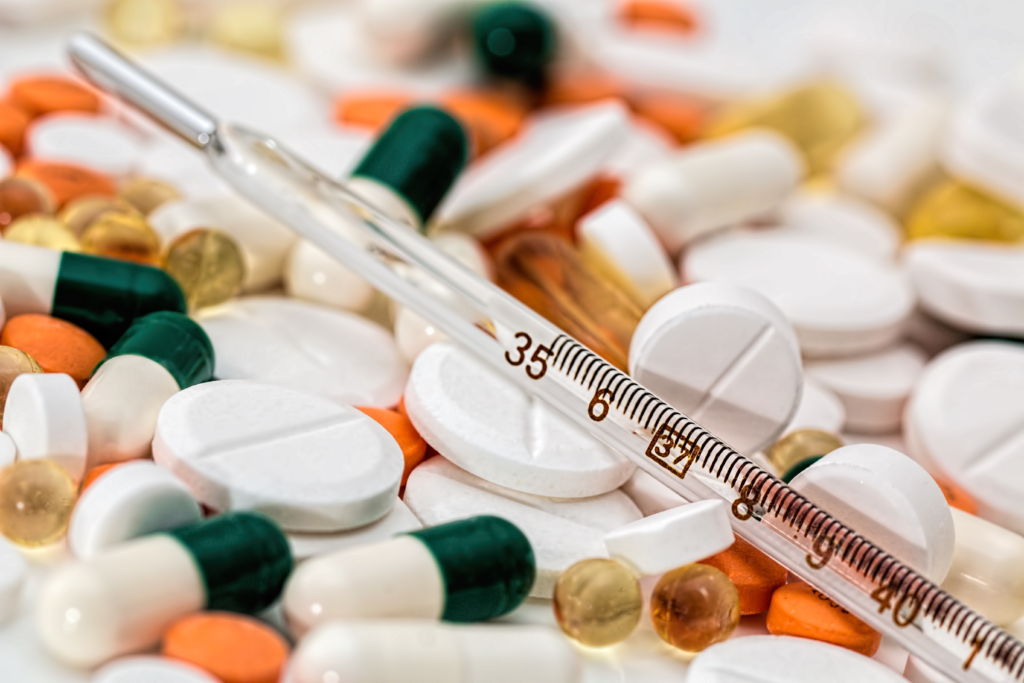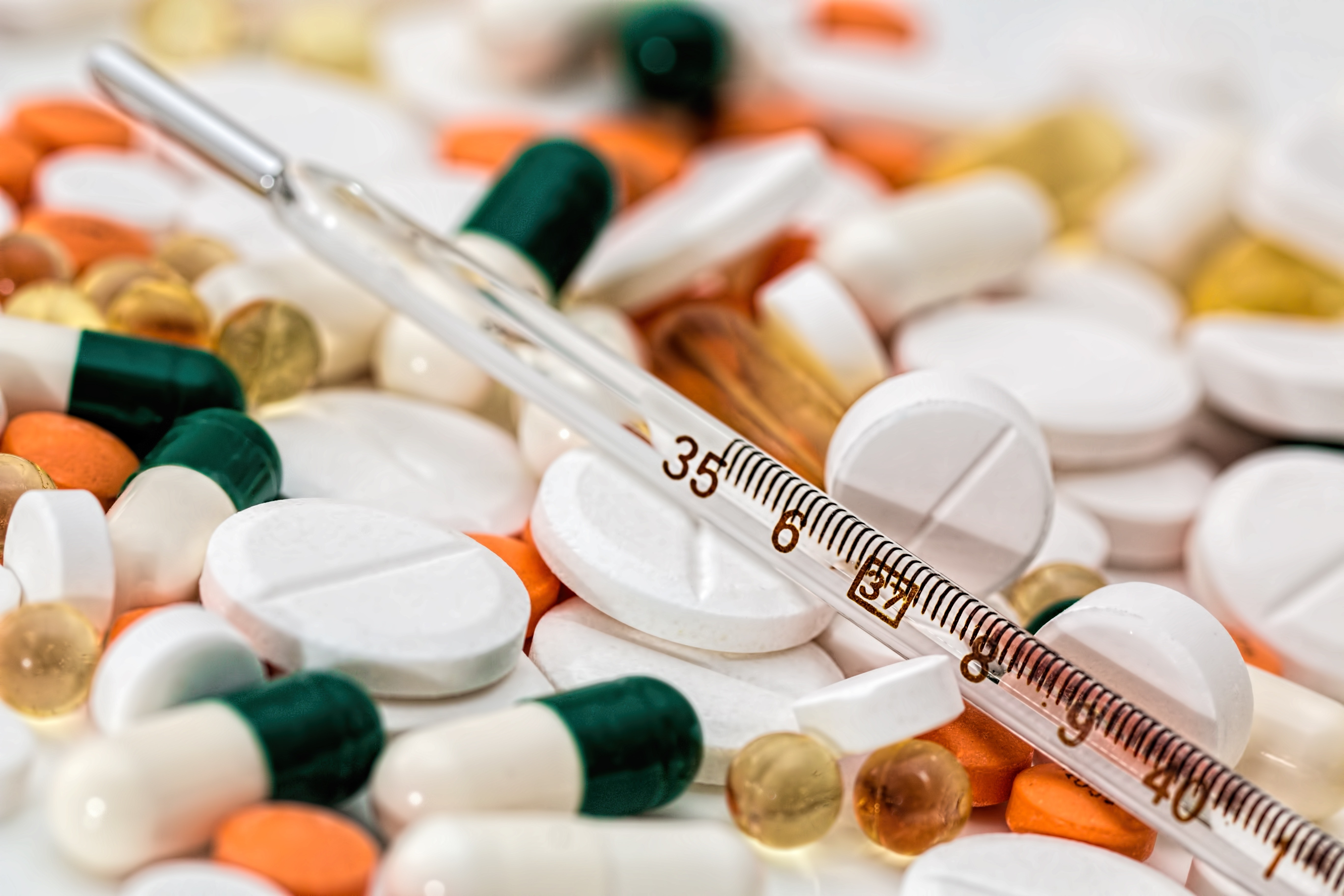Introduction
In a world where we are constantly inundated with news about the latest diet fad or weight-loss miracle pill, it’s easy to become skeptical about anything that claims to help with weight loss. However, there is one connection that has been backed by science: the connection between antibiotics and obesity. A recent study found that certain antibiotics can disrupt the balance of good and bad bacteria in our gut, leading to weight gain. So, if you’re looking to lose weight, you may want to avoid these antibiotics. In this post, we will explore the connection between antibiotics and obesity in more detail.
What are antibiotics?
Antibiotics are drugs that are used to treat infections caused by bacteria. They work by killing or inhibiting the growth of bacteria. Antibiotics are typically prescribed by doctors to treat bacterial infections such as ear infections, strep throat, urinary tract infections, and bronchitis. However, antibiotics can also be used to prevent infection before surgery or exposure to a bacterial infection.
The use of antibiotics has been linked to obesity. A study published in the journal Nature found that mice that were given antibiotics gained more weight than mice that were not given antibiotics. The study authors believe that this is because antibiotics disrupt the balance of good and bad bacteria in the gut, which can lead to weight gain.
Another study published in the journal Obesity found that children who were prescribed antibiotics were more likely to be obese than children who were not prescribed antibiotics. This study did not find a direct link between antibiotic use and weight gain, but the authors believe that antibiotics may contribute to obesity by disrupting the gut microbiome.
There is still more research needed in this area to determine how exactly antibiotics may contribute to obesity. However, if you are concerned about your weight, you may want to talk to your doctor about whether or not you should take them.

What is obesity?
Obesity is a condition in which a person has too much body fat. It can lead to health problems such as heart disease, diabetes, and high blood pressure. Obesity occurs when someone takes in more calories than they burn off. This can happen over time if someone eats more calories than they need and does not get enough physical activity.
There are many factors that can contribute to obesity, including genetics, lifestyle choices, and medical conditions. Obesity is a complex problem and there is no one “cause” for it. However, research has shown that there may be a connection between the use of antibiotics and weight gain.
Antibiotics are medicines that are used to treat infections caused by bacteria. They work by killing the bacteria or preventing them from growing. Antibiotics are very important for treating serious infections, but they can also have side effects. One of the possible side effects of antibiotics is weight gain.
Studies have shown that exposure to antibiotics early in life (in infancy or childhood) may increase the risk of obesity later in life. One study found that infants who were given antibiotics were more likely to be overweight or obese by the time they were four years old compared to infants who did not receive antibiotics. Exposure to antibiotics later in life (in adulthood) has also been linked with increased weight gain.
It’s not clear exactly how antibiotics might contribute to weight gain, but one possibility is that they alter the composition of the gut microbiota.

The connection between antibiotics and obesity
The connection between antibiotics and obesity is a growing concern. Studies have shown that there is a link between the two, and that the use of antibiotics may be a contributing factor to obesity.
Antibiotics are commonly used to treat bacterial infections. However, they can also kill off healthy bacteria in the gut. This can disrupt the delicate balance of the gut microbiome, and has been linked to a number of health problems, including obesity.
There are several mechanisms by which antibiotics could contribute to weight gain. One is by altering the way the body metabolizes fat. Antibiotics have been shown to increase the activity of certain enzymes that promote fat storage.
Another possibility is that antibiotics disrupt the gut microbiota, leading to inflammation and insulin resistance. This combination can lead to increased appetite and weight gain.
Whatever the mechanism, the connection between antibiotics and obesity is becoming clear. If you are concerned about your weight, it may be worth avoiding unnecessary antibiotic use.

How to avoid becoming obese
There are a few things you can do to avoid becoming obese as a result of taking antibiotics. First, make sure to take the antibiotic as prescribed by your doctor. Do not skip doses or stop taking the medication early. Second, pay attention to your diet and activity level while taking the antibiotic. Avoid processed foods and sugary drinks, and instead focus on eating plenty of fresh fruits and vegetables. Finally, be sure to talk to your doctor if you have any concerns about the medication or your weight.
Conclusion
There is a clear connection between the overuse of antibiotics and obesity. When antibiotics are used excessively, they can disrupt the natural balance of gut bacteria, leading to weight gain. They can also cause inflammation, which can lead to insulin resistance and increased appetite. If you are struggling with your weight, it is important to talk to your doctor about whether or not you are taking too many antibiotics.

